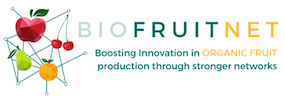Project Partners
BIOFRUITNET has 16 partners from 12 European countries, including seven research and technical organisations, three organic farmer´s associations, two universities, two advisory boards, one European umbrella association and one SME involved in innovation”. If you want to Know more from them please visit “meet our partners”.
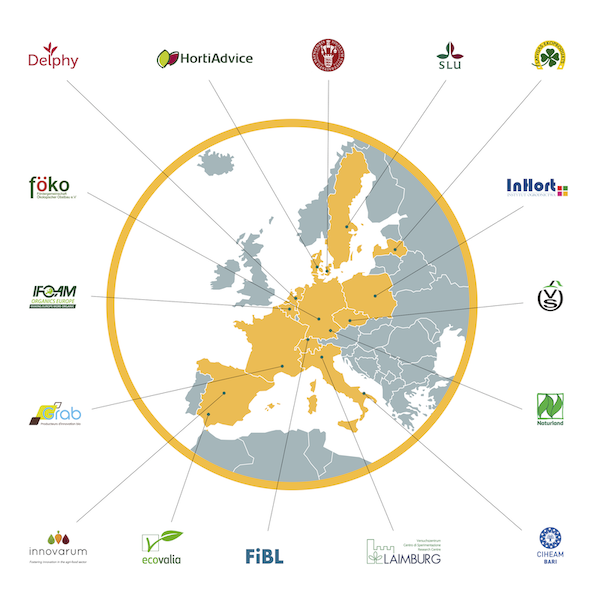
The farmers´ association Naturland e.V. is one of the world´s biggest organisations in the promotion of organic agriculture. Currently, almost 70.000 Naturland farmers, beekeepers, fish farmers and fishers are producing according to Naturland standards in 56 countries. In Germany, there are 4000 producers, 660 in the rest of the EU. We also work closely with more than 900 European partner companies in the processing, catering and trade sectors. Organic agriculture, according to the Naturland standards, is based on a holistic, system-oriented approach, including social standards since 2005. Since 2010, the certification Naturland Fair adds the organic component to this economic aspect of sustainability.
Role in the project: Project Coordinator
Country: Germany
Website: www.naturland.de
Contact person: Sophie Hédon Email: s.hedon@naturland.de
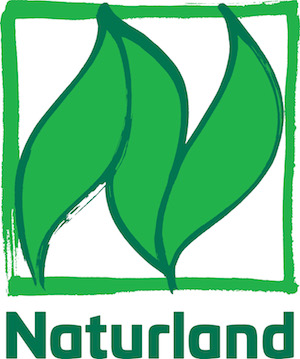
The Research Institute of Horticulture is a governmental R&D organization supervised by the Ministry of Agriculture and Rural Development. The research programme of the Institute covers all areas related to horticulture, from basic studies on plant physiology, biochemistry and molecular biology, through biotechnology, creative breeding (including genetic engineering), protection of genetic resources, phytopathology, agronomy, organic horticulture, integrated pest managements, fruit and vegetable storage and processing, edible mushroom research, food safety, horticultural engineering, economics and marketing.
Role in the project: WP1 Leader
Country: Poland
Website: www.inhort.pl
Contact person: Eligio Malusa Email: eligio.malusa@inhort.pl

GRAB is the Research Group for Organic Farming dedicated to Fruits, Vegetables & Vineyard in France. It has been created in 1979 as a non-for-profit organization managed by a board of organic farmers. The main mission of GRAB are experimentation, dissemination and expertise. The 15-people staff currently works on various topics including plant protection, functional biodiversity, cultivar assessment, diversification & agroforestry for more resilient agrosystems. GRAB is on two sites, both in South-East France. GRAB is a co-organizer of the Organic World Congress to be hosted in France in Sept. 2020.
Role in the project: WP2 Leader
Country: France
Website: www.grab.fr
Contact person: Claude-Eric Parveaud Email: claudeeric.parveaud@grab.fr
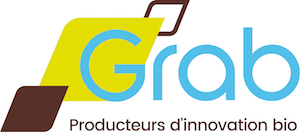
The Laimburg Research Centre for Agriculture is the leading research institute for South Tyrol (Italy). Through sound experimentation, research and laboratory analyses, its lay the necessary foundations for problem solving and innovation in agriculture. Their research work emphasises practical applications in the pursuit of their mandate: to give agriculture in South Tyrol a competitive advantage by gaining a decisive head start through knowledge. It also strives to find rapid solutions to immediate agricultural problems and to basic research on specific focal topics to develop sustainable strategies for the future. It started out as a competence centre for fruit growing and viticulture, the two major crops in South Tyrol and over the years, the spectrum of competences grew and today includes pest management und disease prevention, organic farming, mountain agriculture, specialised crops such as berries, stone fruit, vegetables and herbs, storage technologies and aquaculture.
Role in the project: Leader of WP3 and Pome fruit panel
Country: Italy
Website: www.laimburg.it
Contact person: Markus Kelderer / Alfredo Mora Vargas Email: Markus.Kelderer@laimburg.it / Alfredo.Mora-Vargas@laimburg.it
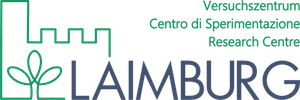
The IFOAM Organics Europe is the European umbrella organization of the organic food and farming sector. With more than 200 members in 34 European countries, its work spans the entire organic food chain. IFOAM Organics Europe serves as a knowledge and innovation hub for the sector, promoting the diffusion of innovation, and best practices of organic agriculture across language and cultural barriers. IFOAM Organics Europe coordinates and takes part in a range of research projects that are key for developing the organic sector. With its long-standing experience in coordinating thematic networks on feed and arable crops, IFOAM Organics Europe has the expertise to compile the knowledge collected through the network and disseminate the best practices and research findings in formats that are easy to understand and use by end-users. Finally, IFOAM Organics Europe initiated and hosts the secretariat of the European Technology Platform for Organic Food and Farming (TP Organics).
Role in the project: WP4 leader
Country: Sweden/Belgium
Website: www.organicseurope.bio
Contact person: Ambra De Simone Email: ambra.desimone@organicseurope.bio
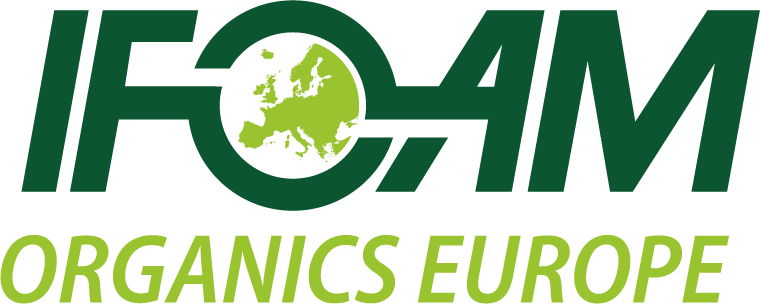
Asociación ECOVALIA is a non-profit organisation that promotes organic farming and responsible consumption, with true spirit of leadership and service to society since 1991. ECOVALIA is involved in many national projects and activities for the promotion of the organic agriculture and to setup the strategy for the organic sector in Spain. Ecovalia as information providers, count with pedagogic material focus on different crops and how to control pests and diseases organically. Ecovalia has around 15.000 members/associates (stakeholders from all the organic sector at national level) with whom we share information and also count on their opinion and experience for different topics.
Role in the project: WP5 leader
Country: Spain
Website: www.ecovalia.org
Contact person: Ángela Morell Pérez / Évelyne Alcázar Marín Email: ecovalia.projects@ecovalia.org
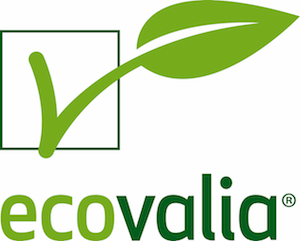
CIHEAM-IAMB Bari is a Centre for post-graduate training, applied scientific research and design of ‘in loco’ partnership actions within the framework of international research and cooperation programmes. The mission of CIHEAM Bari is to promote sustainable agriculture in the Mediterranean and foster the spirit of international cooperation in agriculture focusing on training, research and cooperation, such as food security, poverty alleviation, capacity building at institutional level, more efficient use of natural resources, improvement of agricultural production and productivity, promotion of organic farming, development of sustainable food systems, resilience to climate change, integrated management of coastal areas, gender empowerment, fisheries and aquaculture, integrated pest management, management of water resources and irrigation.
Role in the project: Partner and Leader of Citrus fruit panel
Country: Italy
Website: www.iamb.it
Contact person: Dr. Laura Scivett Email: scivetti@iamb.it
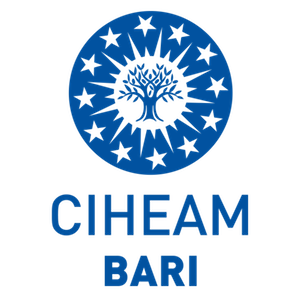
The Research and Breeding Institute of Pomology Holovousy Ltd. belongs to the main agriculture research institutions in the Czech Republic. It serves as a centre of fruit research and technical advice for Czech Fruit Growers Union. Research is focused on solving the main topics: conservation of the gene bank of fruit cultivars, apple, cherry, plum and apricot breeding, propagation of fruits, research of rootstocks and cultivars, collection of domestic cultivars and wild genotypes, sanitation program of fruits, innovation in fruit growing technologies, development of new biological methods of plant protection, monitoring of the main diseases and pests, virology research of fruit plants, evaluation of fruit growing operation costs, tracing of pesticides residues, allergens and fungi toxins in fruits, content of bioactive compounds in fruit species.
Role in the project: Partner and leader of Stone fruit panel
Country: Czech republic
Website: www.vsuo.cz
Contact person: Radek Vávra Email: Radek.Vavra@vsuo.cz
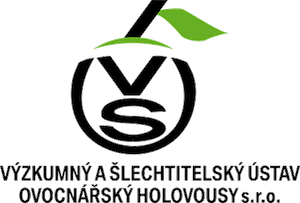
FOEKO is an association of about 200 organic fruit growers in Germany. FOEKO organizes scientific studies on organic fruit growing and hosts conferences, meetings and annual basic courses for practitioners on organic fruit growing. Furthermore, FOEKO is publisher of the professional journal “Öko-Obstbau” which provides farmers with information on cultivation and practical research relevant to them. In the frame of the European Organic Fruit Forum, FOEKO is also in close cooperation with similar organizations of organic fruit growers at national level in Europe and coordinating several activities between them. FOEKO supports close cooperation and networking between fruit farmers, consultants and scientists. Since 2004, FOEKO is coordinating a network at national level where farmers, consultants and researchers work together on new approaches to develop further organic fruit growing. In this frame, FOEKO is also publishing data about plant health care in organic apple growing in Germany in a brochure which is currently updated each year.
Role in the project: Partner
Country: Germany
Website: www.foeko.de
Contact person: Angelika Stülb-Vormbrock Email: stuelb-vormbrock@foeko.de
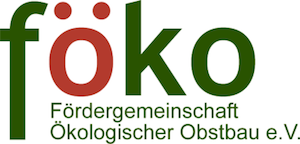
FiBL is an independent, non-profit, research institute with the aim of advancing cutting-edge science particularly in the field of organic farming. It focuses on soil and crop sciences, socio-economic and animal sciences. FiBL has numerous international projects and initiatives participating in over 50 projects under the EU’s Framework The Crop Science Department has extensive applied and strategic R&D and technology transfer experience in crop production systems and crop protection in fruits. Research has focused on development and integration of novel crop protection products and strategies (including varietal resistance, agronomic strategies, DSS, and biopesticides) in low input and organic production systems. Crop Science Department has first-hand experience with respect to pests emerging in low input/low pesticide and organic farming systems and is excellently networked with the industry and as well as the organic sector.
Role in the project: Partner
Country: Switzerland
Website: www.fibl.org
Contact person: Michael Friedli Email: michael.friedli@fibl.org
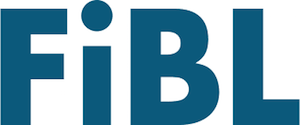
The University of Copenhagen (UCPH) is a self-governing public university and the largest institution of education and research in Denmark with 40,000 students and 5,000 researchers. The Department of Plant and Environmental Sciences (PLEN), Faculty of Science, covers natural resources and life sciences and a staff of about 500. It has numerous co-operative projects with national and international partners and professional experience in EU projects and other major international grants. The Applied Insect-Plant Ecology team focus on the ecological interactions between insect pests, beneficial arthropods and plants as well as the evolution of these interactions in managed and natural ecosystems. This includes the effects of cropping practices, interactions with other groups of organisms, and the influence of climate change. The teams overall aim is to elucidate the significance of such interactions for interlinked populations of plants, pest insects and beneficial insects, a work which incorporates the importance of crops and ecological infrastructures on predators, parasitoids and wild pollinators.
Role in the project: Partner
Country: Denmark
Website: www.ku.dk
Department of Plant and Environmental Sciencies: www.plen.ku.dk/english/research/organismal_biology/applied_entomology
Contact person: Lene Sigsgaard Email: les@plen.ku.dk
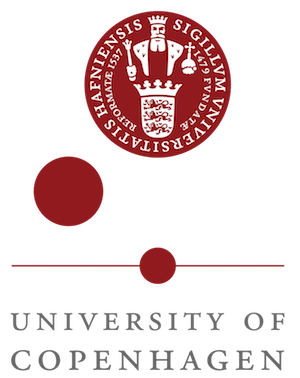
HortiAdvice Scandinavia (GartneriRådgivningen A/S) is providing crop-specific independent advisory service for horticultural growers mainly in Denmark, but also in the rest of Scandinavia. It work is done through direct advice in the field or in the greenhouse, as well as via newsletters, articles, grower groups, research trips etc. The advisory service is made in a long range of subjects, in all the aspects of the crop production, as well as in finance, management, technology and subsidy schemes, in order for the producers to get the best possible basis for decisions regarding production and development of their company. It is the aim to provide the most dynamic advisory package to growers operating within the horticultural sector in Scandinavia.
Role in the project: Partner
Country: Denmark
Website: www.hortiadvice.dk
Contact person: Hanne Lindhard Pedersen Email: HLP@hortiadvice.dk

The Swedish University of Agricultural Sciences (SLU) is a sector university under the Ministry of enterprise, energy and communications. The SLU mission is to develop knowledge and expertise that contributes to quality of life and sustainable growth, based on a long-term utilization of biological natural resources. It activities are characterized by a strong link between education and research of high international standards and close collaboration with industry and sectors concerned. The SLU Role in the project is integrated with developments within agriculture and forestry sectors, food industry, veterinary medicine, natural resources and the environment, as well as within rural development and landscape architecture. SLU’s sectors encompass the agrarian industry, veterinary medicine, natural resources and the environment, as well as rural development and landscape architecture.
Role in the project: Partner
Country: Sweden
Website: www.slu.se
Contact person: Teun Dekker Email: Teun.dekker@slu.se
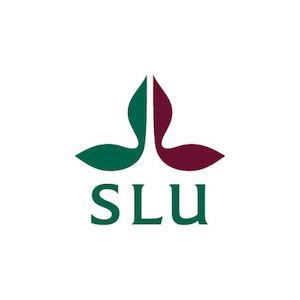
INNOVARUM is a Spanish consultancy company created in 2013 with the overall aim of fostering innovation and knowledge exchange in the agri-food sector, helping clients to bring their innovative ideas to the market and to increase the impact of their actions. INNOVARUM staff is well experienced in EU project management and they held for 3 years the technical secretariat of the Spanish Technology Platform for organic food and farming and was the responsible of organising its periodical meetings and its public events.
Role in the project: Partner
Country: Spain
Website: www.innovarum.es
Contact person: África Pardavila Morris Email: africa.pardavila@innovarum.es
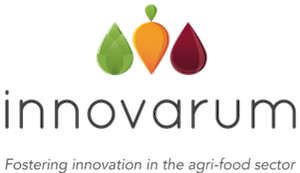
Delphy is a leading international consultancy organization. The core activities of Delphy comprise advisory services to farmers, conducting applied research, organize demonstrations and training activities for farmers, participate and lead in innovation projects in the plant-based agricultural sectors. Delphy covers all aspects of farm management, such as organic agriculture (arable crops, fruit and horticulture), day-to-day crop management, implementation & development of new, innovative technologies and decision support systems; soil improvement plans and control strategies for soil borne diseases.
Role in the project: Partner
Country: Netherlands
Website: www.delphy.nl
Contact person: Gerjan Brouwer / Harm Brinks Email: brouwer@delphy.nl / brinks@delphy.nl
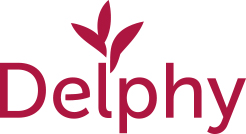
The Association of Latvian Organic Agriculture (hereinafter – ALOA) was founded in 1995. It is a legal, professional, non-governmental organisation that brings together around 600 producers, traders and processors of organic products: milk, meat, honey, fruit, vegetable and cereals, processors, traders and supporters of organic food in Latvia (association of producers and processors, recognised by the Member State according to the EC Regulation 1308/2013). ALOA is actively working with various departments of the Ministry of Agriculture, making proposals for the sector development. Some of the closest are departments of the Rural development, Veterinary and food, Agriculture, Market Development department.
Role in the project: Partner
Country: Latvia
Website: www.lbla.lv
Contact person: Gints Strazdiiņš Email: gardmutis@gmail.com
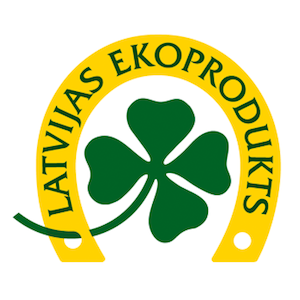
This project aims to reach the maximum number of interested stakeholders. The communication project strategy is based in a collaboration not only with the project´s partners but also we will count with the “Key multipliers”. In the BIOFRUITNET project they are defined as relevant organisations/associations (public or private) for the organic fruit sector in Europe that can support the communication and dissemination of the project through their connections/networks. These organisations are a key element in the communication strategy as they can disseminate the BIOFRUITNET materials to its members, give support in social media accounts and spread the results face to face on BIOFRUITNET events between its members and contacts. Beyond the consortium we work with a number of relevant organisations in the sector to guarantee a wider outreach. Therefore if you would you like to be part of our network please get in contact with us.
Workplan
The project is built with these Working Packages:
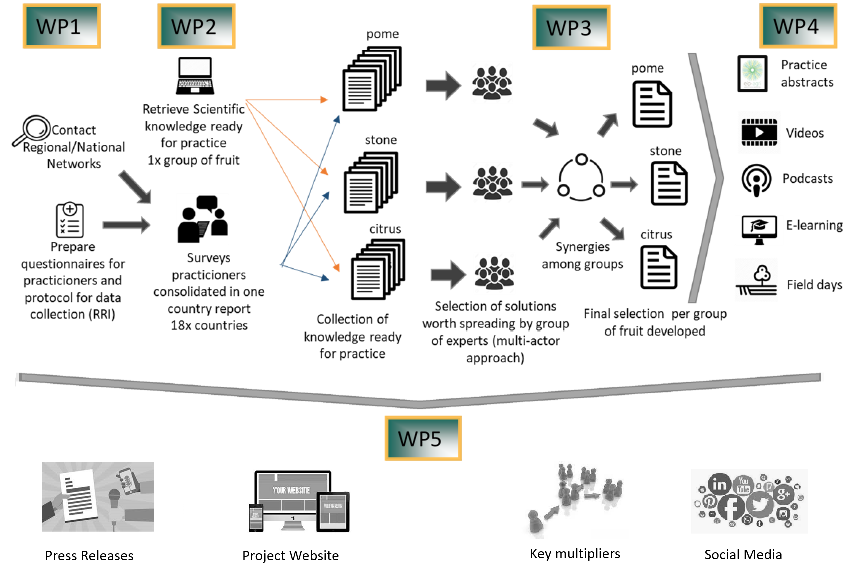
The aim of the WP1 is to map the currently established networks that are grouping the main actors involved in the organic fruit production in the EU, other neighboring countries and worldwide, to foster the cooperation with BIOFRUITNET. To reach this goal we prepare:
- an inventory of national networks active in sharing technical knowledge
- an overview of the networks capacity, analysing the gaps and opportunities in the organic fruit production sector to improve the knowledge sharing between them and to foster their collaboration at EU and worldwide level
The aim of WP2 is to collect the existing knowledge ready-for-practice and identified gaps in knowledge. To achieve this, our methodology is based on;
- a survey to identify gaps and practical knowledge at practitioners’ level from 18 different European countries by contacting the relevant stakeholders from the organic fruit sector that have access to local and farmers’ knowledge
- a list of ready-for-practice tools at national level identifying and collecting knowledge ready for practice but no yet translated to use at the farm level
- the scanning of actual technical and scientific literature that is not widely available such as technical reports, knowledge available in books not yet digitalised, congresses reports…
The objective of this WP3 is to compile the reports produced in WP2 to evaluate and select the best practices relevant for organic fruit for pome, stone and citrus fruits.
Three different panels are in charge of discussing and selecting the best practices and for reaching this, the panels are:
- composed by different players in the value chain of organic fruit production, so the maximum number of views are considered. This approach assures the further validity and utility of the best practices selected.
- interconnected as the three panels gather and discuss both specific and common gaps encountered during their respective assessment processes.
- gather and present proposing solutions to unsolved challenges in the Strategic Research and Innovation Agenda of TPOrganics (Technology Platform for Organic Food and Farming).
This work package is focused on adapting the selected best practices to the different formats to make them accessible to the different audiences. Practice abstracts to feed into the EIP-AGRI platform and to disseminate via our channels, to produce short tutorials in video and pod-cast format to make the uptake of the new solutions easier for participants.
The information gathered during BIOFRUITNET is integrated in the platform Organic Farm Knowledge https://organic-farmknowledge.
The WP4 includes the organisation of Field Days, where partners of the consortium demonstrates how to implement the best practices identified in WP2 and WP3.
With the objective of reaching “the fruit growers of the future” the creation of e-learning material is to be distributed to educational institutions. Best practices selected can be transferred into educational material of agricultural schools, universities…
The approach of this WP5 to reach a wide audience is to make use of already built channels and established networks and create synergies to present a cost-efficient dissemination plan. The members of the consortium are highly active in dissemination and most of them have direct contacts with practitioners. The partners are also active on-line channels such as social media, website and blogs. Three worksops at EU events will be organised. Moreover, the aim is to be present at all the key sectorial events such as Biofach, Ecofruit2020 conference, SANA conference in Bologna and AgriFarm conference in Poznan. All project partners commit to contribute to the dissemination work in their own country. A final event will be organised in Brussels.
WP6 is devoted to the proper implementation of the activities for the achievement of the expected objectives. Close monitoring leads to anticipate potential risks and to implement the necessary measures to mitigate them.
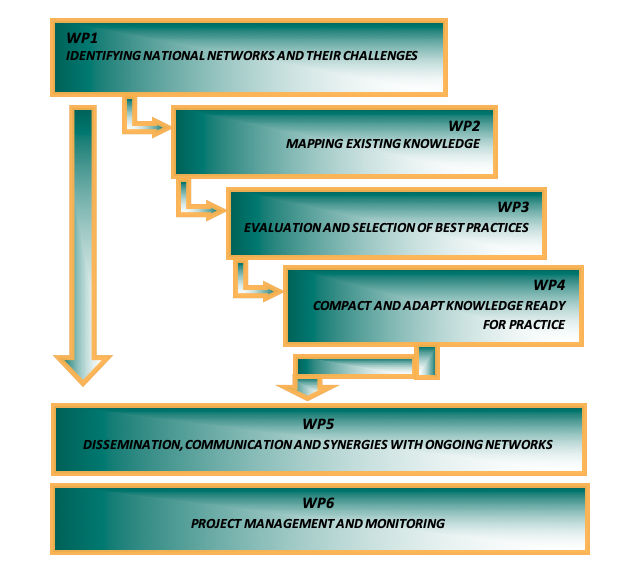
PERT diagraman depicting interlinkages between Working Packages”
